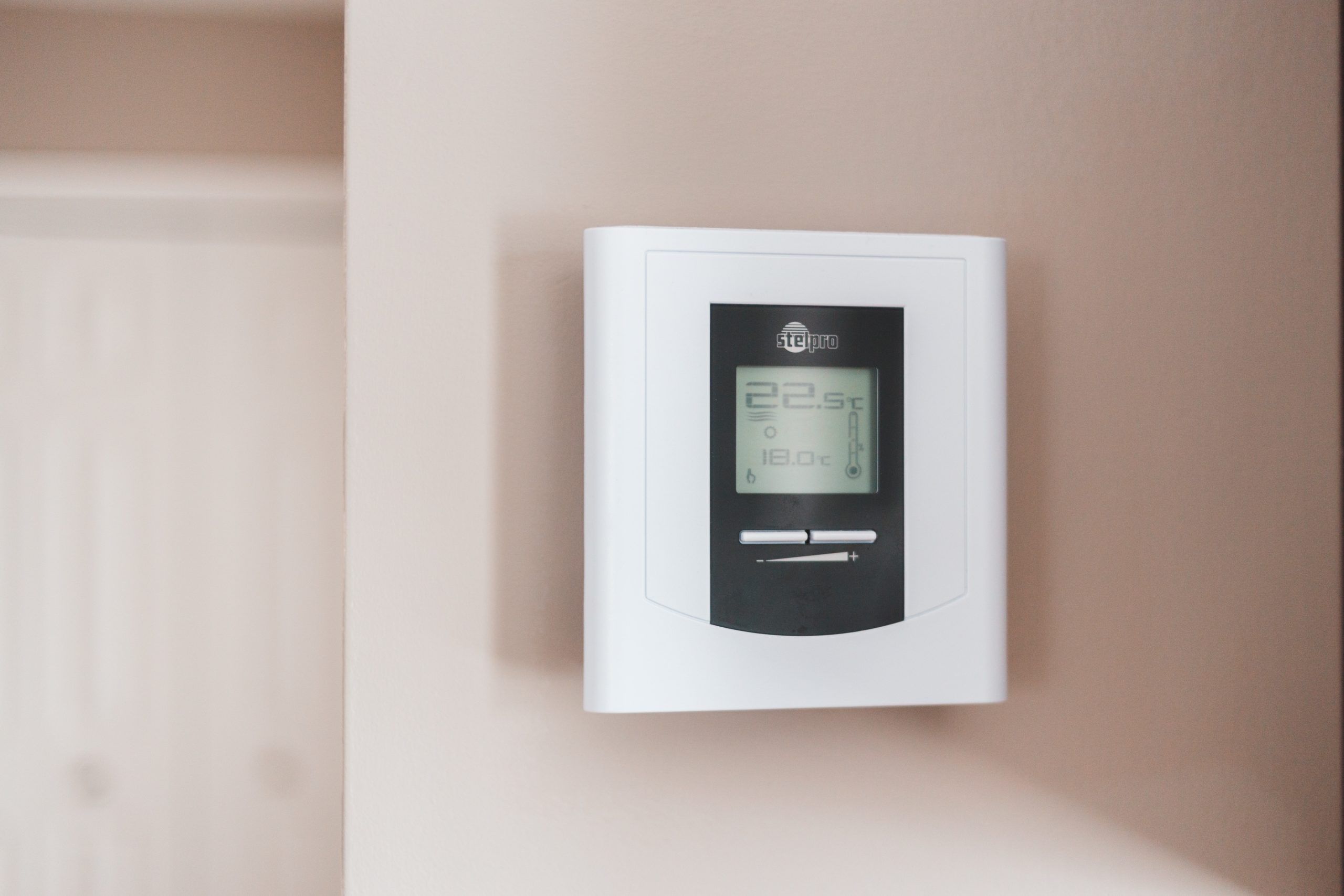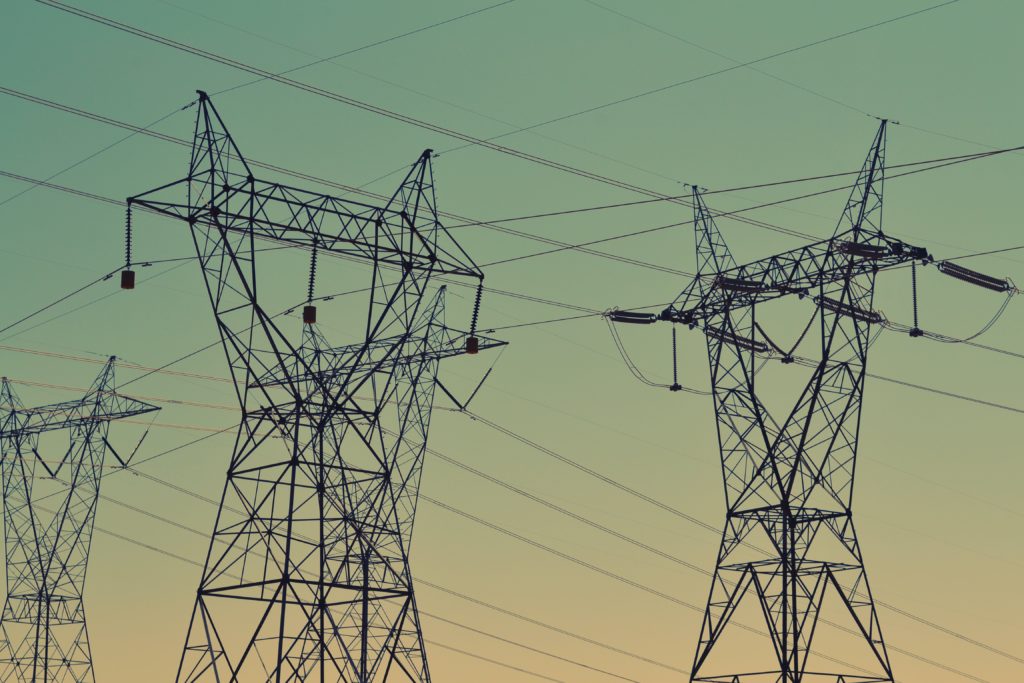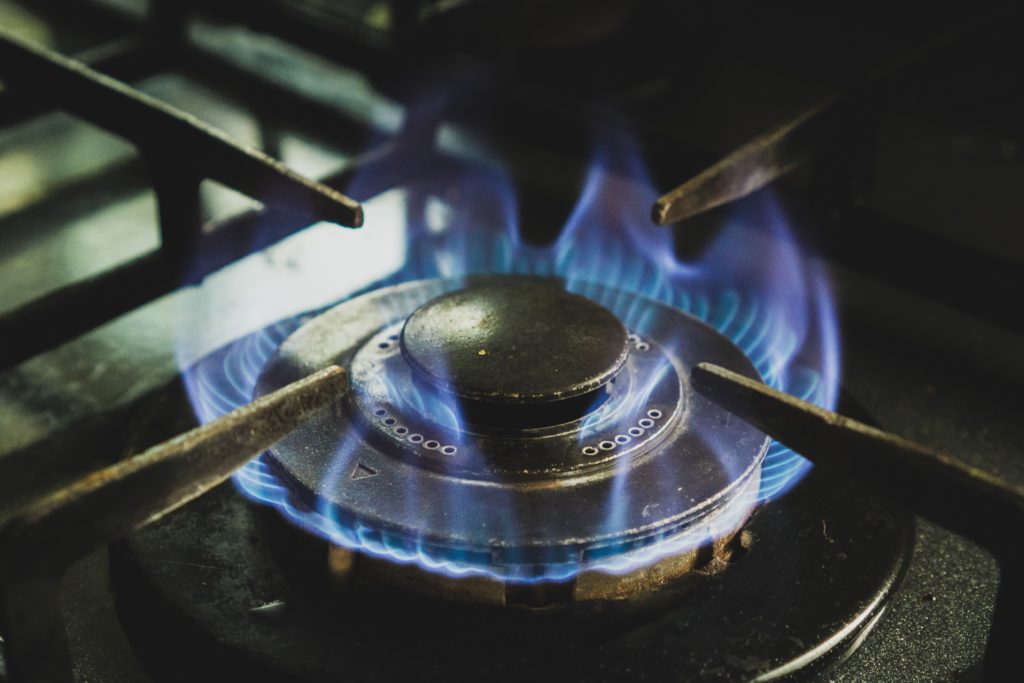
How To Deal With Fuel Poverty
Ofgem, the UK’s energy regulator raised the fuel price cap to unprecedented levels in recent weeks. This cap determines the maximum amount that energy companies can charge for gas and electricity and now that it has been raised, households across the UK are expecting a significant increase in their energy bills in the coming months.
As the government continues to look for ways to manage this crisis, experts are concerned about families being pushed into fuel poverty and facing mounting utility bills debt. This article will explain what fuel poverty is and how you can avoid it.
What is fuel poverty?

Fuel poverty describes a situation when a household has above-average energy costs that are pushing them below the poverty line. When a household cannot purchase all of the energy that they need without their remaining disposable income being below the poverty line, this is considered fuel poverty. For a couple of working age, the poverty line is set at £244 per week after housing costs. So, if you are left with less than this once you have paid for energy, you are experiencing fuel poverty.
In recent years, there has been a sharp rise in fuel poverty in the UK. After the latest energy cap increase, it is estimated that 1 in 4 households (more than 15 million people) will be living in fuel poverty and may also have water arrears debt too. This figure will only increase as long as energy prices are still rising.
Why are energy prices rising?

The main reason for rising energy prices is a sharp rise in wholesale gas prices. This increase is passed on to the energy companies and, ultimately, the customer, which is why we are now seeing a big jump in energy prices. This problem is not limited to the UK, it is happening across Europe too.
The rise in wholesale prices is caused by a number of factors. As we come out of the pandemic, businesses are reopening and more people are driving again, which is one reason why there is a much higher demand for fuel. This coincides with the onset of winter when demand is already much greater, meaning that we cannot produce as much gas as we need and the prices have spiked as a result.
How can I save on energy costs?
- Switch to a cheaper energy supplier – Most introductory offers with energy companies give good prices. But when your policy renews and you are switched onto a default tariff, the prices can increase significantly. However, switching regularly allows you to take advantage of the best prices available. Tariffs are always changing so do not assume that your current provider is the cheapest option, even if they were when you first signed up. Energy comparison sites make it easy to find better deals and switch.
- Install a smart meter in your home – Smart meters are now provided for free and they are an excellent way to monitor your energy use. By tracking how much gas and electricity you are using, you can make small changes to your lifestyle to bring your bills down. Your smart meter will also send automatic meter readings to your energy company so you get more accurate bills.
- Switch to energy-saving lightbulbs – It is estimated that the average UK household would save £40 per year on their energy bills by switching traditional halogen light bulbs for LED ones. They also have a much longer lifespan, so you save on replacements in the future too.
- Buy energy-efficient appliances and electronics – Large appliances and electronics are the biggest energy consumers in your home. Old appliances are likely to use a lot more energy than new, energy-efficient options. For example, an energy-efficient fridge freezer can save you up to £104 per year. All appliances come with an energy rating from A to G, with A being the most efficient. Check this before purchasing any appliances because, even though they are more expensive, an A-rated appliance will save a lot of money on bills.
- Turn down your thermostat when possible – Small adjustments to your thermostat will save a lot of money on gas bills. Reducing the temperature by just one degree can save up to £128 per year, and you will not notice the difference.
- Wash your clothes at a lower temperature – You can wash your clothes at a lower temperature to save money and they will still wash just as well. Setting the temperature to 30 degrees or lower will reduce energy consumption by roughly 60% compared with washing at 40 degrees.
- Install double-glazed windows – Double-glazed windows provide excellent insulation to stop heat loss. This makes it much easier to keep the house warm without constantly running the heating. In a typical detached home, you can expect to save £110-£140 per year. The cost of installing double glazing ranges from £3000-£7000, on average. In 2020, the government launched the Green Homes Grant Scheme, which offers homeowners and landlords vouchers worth up to £10,000 to make energy-efficient upgrades to their homes, including double glazing.
- Install roof insulation – The roof is the biggest source of heat loss in the home. By installing more insulation, you can trap heat in the home and reduce your energy bills. Insulation panels cost around £25 per square metre you want to cover, and you can save up to £225 per year in a detached house or £135 in a semi-detached property.
- Research and apply discounts – There are a number of discounts and grants available to help people who are having difficulty with energy bills. The Warm Home Discount Scheme, for people on a low income or claiming Pension Credit, gives you a £140 discount on your electricity bill or a voucher for a prepayment meter.
The Winter Fuel Payment is an annual payment given to anybody born on or before 26th September 1955. The amount you are eligible for may vary.
Cold Weather Payments are given when the temperature drops below a certain level. You may be eligible for this benefit if you claim benefits like Universal Credit, Income Support, or Pension Credit.
Researching these discounts and applying them can make your energy bills a lot more manageable.
Are you in debt from fuel poverty?
If you have already missed payments due to fuel poverty and you are struggling with utility bills debt, get in touch with Swift Debt Help today. We can advise you on debt management solutions, including an IVA or bankruptcy, to help you clear your debts.
Request a Debt Assessment
Disclaimer: For guidance only. Financial information entered must be accurate and would require verification. Other factors will influence your most suitable debt solution.
Debt, Debt Help, Debt support, Individual Voluntary Arrangement, IVA, Mortgage